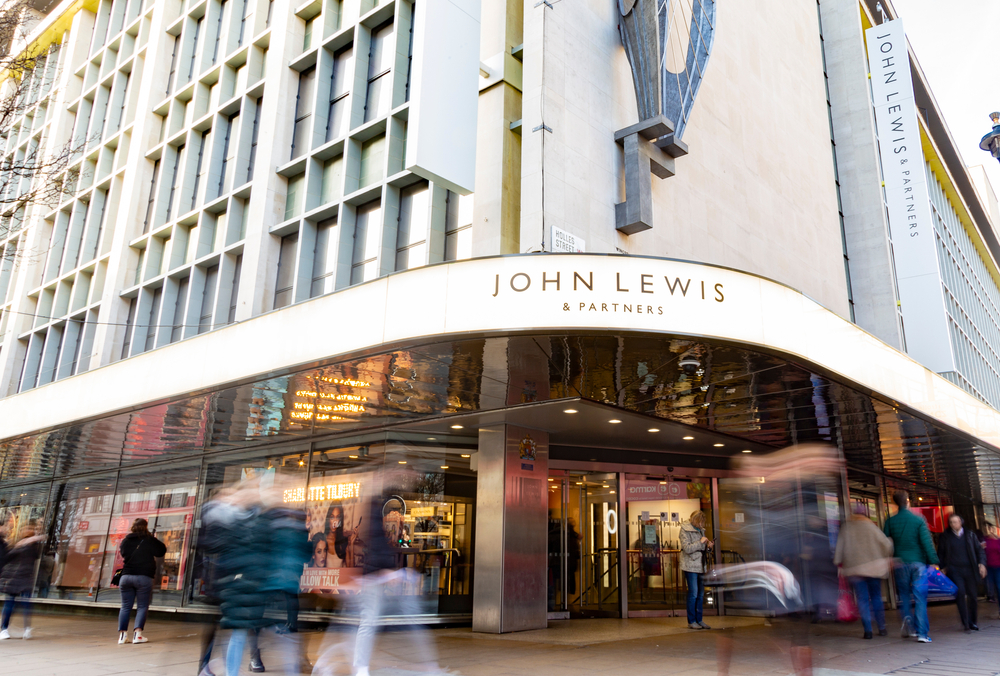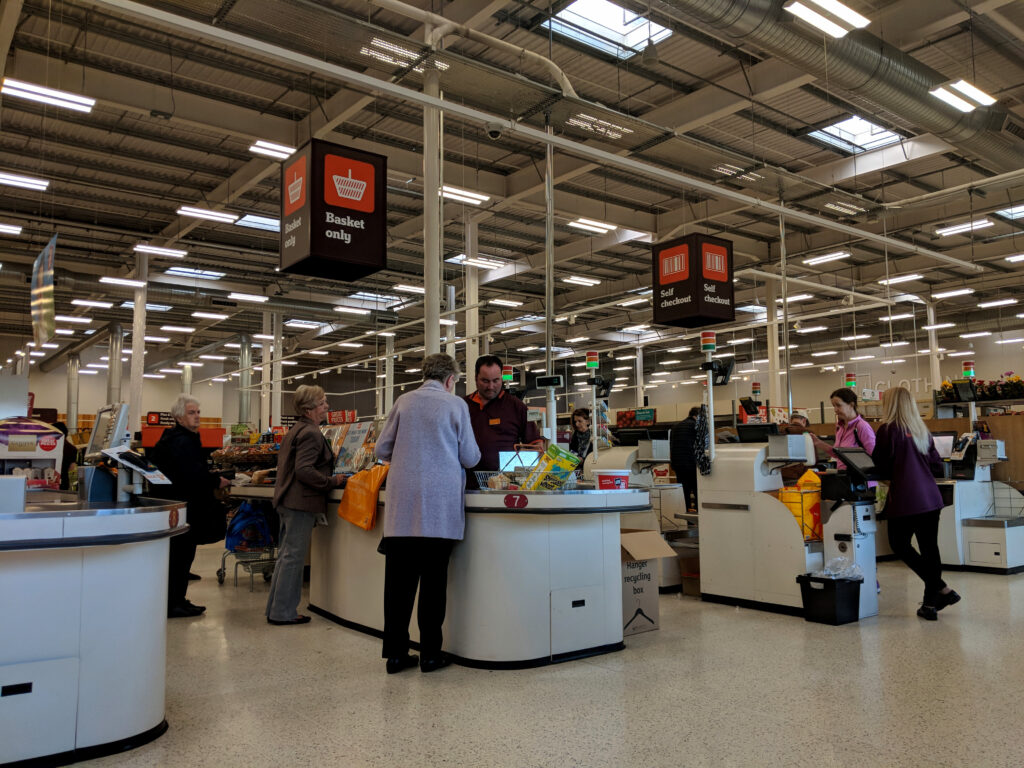Despite Brexit making the UK look like and increasingly unattractive place to be for those who voted against it, it has done the opposite for tourism.
Not only is Britain seeing a record number of tourists but those that visit are spending record amounts. Last year US visitor numbers shot up around 16 per cent as tourists flocked across the pond to cash in on the strong dollar against the weakened pound, in what was the highest growth since 9/11.
Although visitors from the US contribute significantly to the UK’s tourism industry, opting to travel around the UK and see lots of sites, Chinese visitors are the big retail spenders.
“Creating a truly local payments approach will have a measurable impact on conversion rates”
Starting today, Chinese Golden Week marks the start of a tourism and shopping bonanza which is fast becoming a rival for retail events like Amazon’s Prime Week and even the Christmas sales. This year Golden Week is poised to be another record breaker.
Chinese visitor numbers jumped 20 per cent last year to over 260,000 visitors, and January and March this year has already seen spike of 27 per cent. In that same quarter, Chinese visitors reportedly spent £91 million.
“As well as making it easier to get here, with increased route development and airline seat capacity, we‘re working with our partners to get great tactical deals in market and increasing the services that visitors experience,” VisitBritain chief executive Sally Balcombe said.
“With our shops, visitor attractions and accommodation offering great value for Chinese travelers, it is a great time to come to Britain.”
With numbers set to smash records again this year, spending is destined to follow suit. The average Chinese visitor splashed out £2000 last year, over three times the market average. They also stay for nearly three times the average of seven days.
Retailers have increasingly altered their operations to accommodate Chinese tourists. The London Designer Outlet in Wembley told Retail Gazette they have started to add Mandarin to their signage, while Westfield and The Body Shop have introduced Alipay.
According to Myles Dawson, the UK boss of global payment firm Adyen, making these changes could further boost sales from the lucrative demographic this week.
“China has its own payment infrastructure and processes, from well-known networks such as China UnionPay, to wallet based systems such as AliPay or Tenpay,” Dawson said.
“Creating a truly local payments approach will have a measurable impact on conversion rates.”
This is especially true for luxury retailers. For example, an estimated 70 per cent of visitors to Burberry‘s flagship store on London’s Regent Street are Chinese tourists.
“The Chinese spend $300 billion (£225 billion) abroad each year, and account for close to 30 per cent of luxury goods sales globally – this is tipped to rise to 50 per cent by 2020,” Dawson added.
“Given this remarkable appetite, retailers in the UK should be preparing to capitalise on one of the key moments in the Chinese retail calendar, ‘Golden Week‘ which marks seven days of paid holiday to celebrate the Lunar New Year.
“Those looking to cater to this market must ensure they are reaching out to the Chinese audience through their preferred channels, which are predominantly online and mobile.
“China‘s ecommerce market is now the largest in the world and mobile transactions account for around $235 billion (£176.5 billion) a year, compared to £9.7 billion in the UK.”
This boom could soon extend past events like Golden Week, as calls to make the reduced cost multi-entry Chinese visa a permanent scheme.
The scheme has already been running for nearly two years but is due to end in January 2018.
It saw numbers of Chinese visas to the UK issued jump 20 per cent and some 85 per cent of UK businesses surveyed said they had seen a rise in Chinese customers.


















